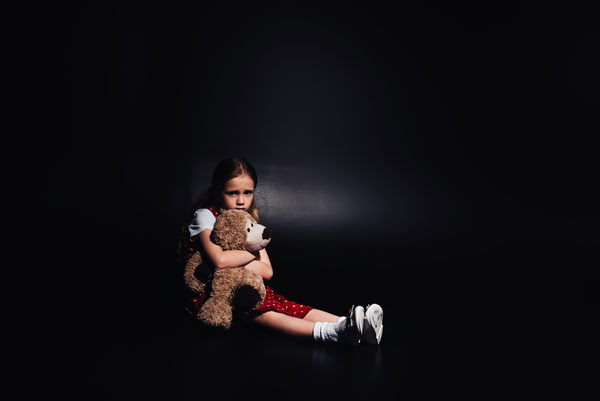Nyctophobia is an intense and irrational fear of the dark. It’s normal to have some fear of the dark because you can’t see what you’re dealing with. You don’t know what lies in the unknown regions of darkness. You don’t have control over the dark.
However, people who have nyctophobia have an extreme fear of the dark that interferes with their day-to-day life and well-being.

Nyctophobia is a specific phobia. A specific phobia is an extreme and irrational fear of a specific situation or a thing.
Prevalence
Nyctophobia is common in pre-adolescent children. As they grow older, many children get over these fears. But in some adults, the phobia can persist.
Adults with nyctophobia are likely to have experienced a traumatic situation involving the dark. For instance, they may have been robbed in the dark. So, they avoid all dark places as much as possible.
An evolutionary perspective can explain the high prevalence of nyctophobia in children.
Since most predators roam at night, children in ancestral times were likely to get attacked during the night.
Their nyctophobia is a psychological defense system to protect them from predators and stay in proximity to their parents for safety.
Their brains run wild with imagination at the slightest hint of a threat in the dark.
A noise they can’t explain or a shadow they see is attributed to boogeymen, ghosts, and monsters. The fear of monsters hiding under their bed or in their closet is a typical childhood fear exploited by horror filmmakers.
Taking the nyctophobia test
This test consists of 12 items on a 2-point scale. You have to either agree or disagree with each item. It’s designed for both adults and children. It’s completely anonymous, and your results aren’t stored in our database.
Note: This test is not a formal diagnosis. It gives you a probability of having nyctophobia. To get a formal diagnosis, reach out to a mental health professional specializing in specific phobias.

